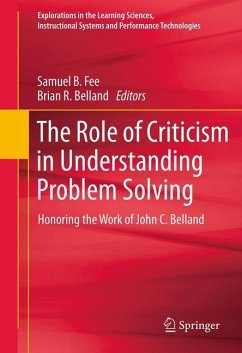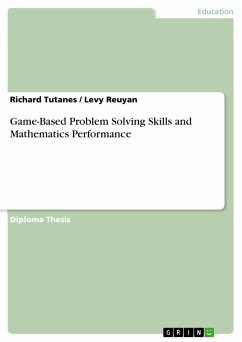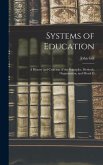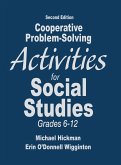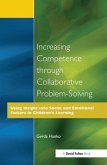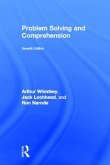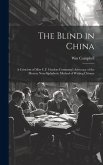In 1991, Denis Hlynka and John Belland released Paradigms Regained, a well received reader for graduate students in the field of educational technology. The Role of Criticism in Understanding Problem Solving updates some of those ideas initially proposed in Paradigms Regained, and extends the conversation into the contemporary discourse regarding problem based learning (PBL). Paradigms proposed the idea of criticism as a third method for the conduction of educational research, the first two being qualitative and qualitative. The concept of criticism as a tool for research is not well established in educational technology, although it is well established in other educational research traditions such as Curriculum Studies. Unfortunately, it is not always clear how criticism can be applied. This book views criticism as a way to step back and look at an educational intervention within educational technology through a particular critical lens. Criticism is viewed as a valuable approach to guiding meta analyses and theoretical studies, serving to prevent the proverbial "spinning of the wheels" that often happens in educational research. By indicating new potential research questions and directions, criticism approaches can invigorate educational research. This book revisits the ideals of criticism in order to establish their usefulness for studying educational technology interventions to support problem based learning. First, a few foundational chapters set the stage for the conversations on criticism. Then, the role criticism can play in enhancing analysis and interpretation of the PBL literature is explored. Finally, case studies addressing the central concepts of the text are presented and dissected. This book represents a complete overhaul and rethinking of the use of criticism as a method for understanding and furthering the research area of PBL within the field of Educational technology. The concept of criticism as a tool for research, although well established in other educational research traditions, is not well established in the domain of Educational Technology. This book changes all that by substantiating criticism as a way to step back and critically evaluate an educational intervention within educational technology. Doing so provides an valuable approach for researchers in terms of guiding meta analyses and theoretical studies, preventing the proverbial "spinning of the wheels" that often happens in educational research.
The book looks back to the seminal work in the field, The Role of Criticism in Understanding Problem Solving by Dennis Hylinka and John Belland, as a guidepost and then extends and updates the ideas found within it. But the authors do much more then merely take that work forward. They re-evaluate it, consider the state of the field today, and propose ways in which educational researchers might think of heading forward in their studies of the theory that drives practices in educational technology and instructional design.
The authors revisit the ideals of criticism, establishing their usefulness for studying Educational Technology interventions supporting problem based learning. Through the use of focused, specific case studies, the book provides a multitide of new research questions and directions and proves criticism can profoundly invigorate the field of educational research.
This book was written to provide not only a reconsideration of pre-existing knowledge, but as an originator of new ideas. It represents a complete overhaul and rethinking of the use of criticism as a method for understanding and furthering the research area of PBL within the field of Educational Technology and Instructional Design ; it will prove, however, to be an important resource for researchers working in any area of Educational Technology who are hungry for a new approach to research.
The book looks back to the seminal work in the field, The Role of Criticism in Understanding Problem Solving by Dennis Hylinka and John Belland, as a guidepost and then extends and updates the ideas found within it. But the authors do much more then merely take that work forward. They re-evaluate it, consider the state of the field today, and propose ways in which educational researchers might think of heading forward in their studies of the theory that drives practices in educational technology and instructional design.
The authors revisit the ideals of criticism, establishing their usefulness for studying Educational Technology interventions supporting problem based learning. Through the use of focused, specific case studies, the book provides a multitide of new research questions and directions and proves criticism can profoundly invigorate the field of educational research.
This book was written to provide not only a reconsideration of pre-existing knowledge, but as an originator of new ideas. It represents a complete overhaul and rethinking of the use of criticism as a method for understanding and furthering the research area of PBL within the field of Educational Technology and Instructional Design ; it will prove, however, to be an important resource for researchers working in any area of Educational Technology who are hungry for a new approach to research.

